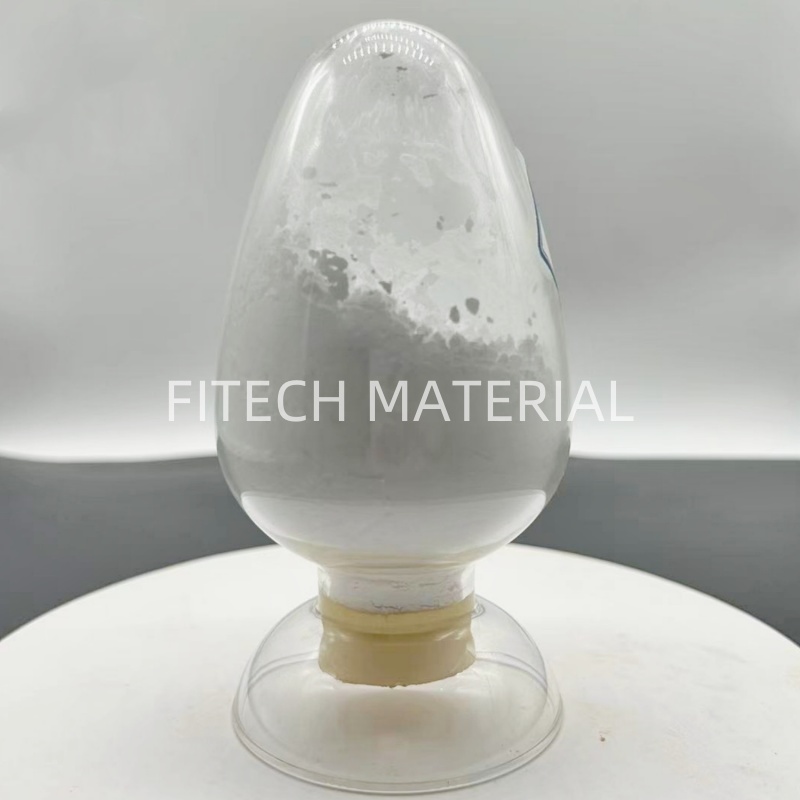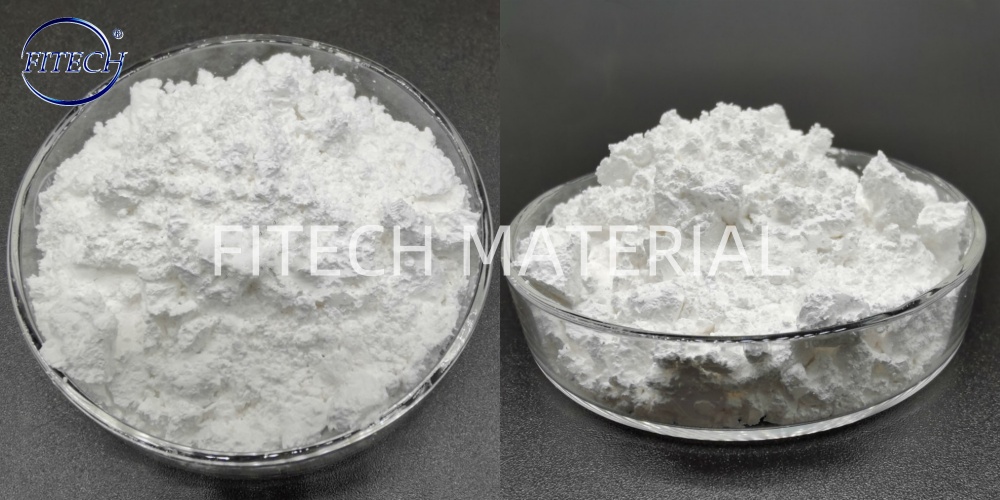Adding nano-alumina to ceramics can not only improve the sintering performance of ceramics, but also greatly improve the strength and hardness of alumina ceramics, ceramics fall resistance, high temperature aging resistance, durable. Nano-alumina has several very important characteristics, which makes it one of the popular and versatile ceramic injection molding materials today.
Related product links: https://www.topfitech.com/99-99-nano-alumina-powder-aluminium-oxide-al2o3-alumina-nanoparticles-price-for-ceramic-product/
1. Temperature stability: Nano-alumina has extremely high temperature stability, able to withstand atmospheric temperatures of 2900F or 1650°C, and vacuum temperatures of up to 3000°F or 2000°C. Parts made using alumina maintain 50% of their room temperature tensile strength at 1000°C.
2. Wear resistance: Wear is the act of wearing a material through friction, changing its structure and reducing its suitability under the desired conditions. Nano-alumina has a very high hardness, making it very resistant to wear and other types of mechanical wear. This means that parts and assemblies made of nano-alumina will retain their desired properties and shape for a longer period of time.
3. Chemical resistance: Nano-alumina is chemically inert and non-reactive, which means it is highly resistant to different types of chemicals, including bases and acids. Nano-alumina does not cause surface and structural damage due to exposure to salt and solvent solutions at high temperatures, which further extends the durability and life of different components.
4. Density: The density of a material is its mass divided by its volume, expressed in g/cm3 or grams per cubic centimeter, which means that the density of the material and the volume are inversely proportional. Nano-alumina is composed of fine particles that do not have voids in the material, and the fewer voids, the higher the density and volume. The density of alumina varies at different temperatures, and the standard density at 25°C is 3.965g/cm3.
5. Mechanical properties: The mechanical properties of materials are related to their strength, which refers to the strain and strain the material can withstand before breaking. Nano-alumina has a very high strength, which can only be further improved with higher purity.
6. Dielectric and thermal properties: Nano-alumina is well suited for insulating purposes because it is able to prevent electrical current from passing through it. In addition, it is very resistant to shock, which is also one of the characteristics of ceramics of this technology, which is further improved with increasing purity.
7. Hardness: Hardness refers to the ability of a material to withstand mechanical wear and tear. In this regard, nano-alumina has a hardness of HRA80-90.
Post time: Jan-31-2024




